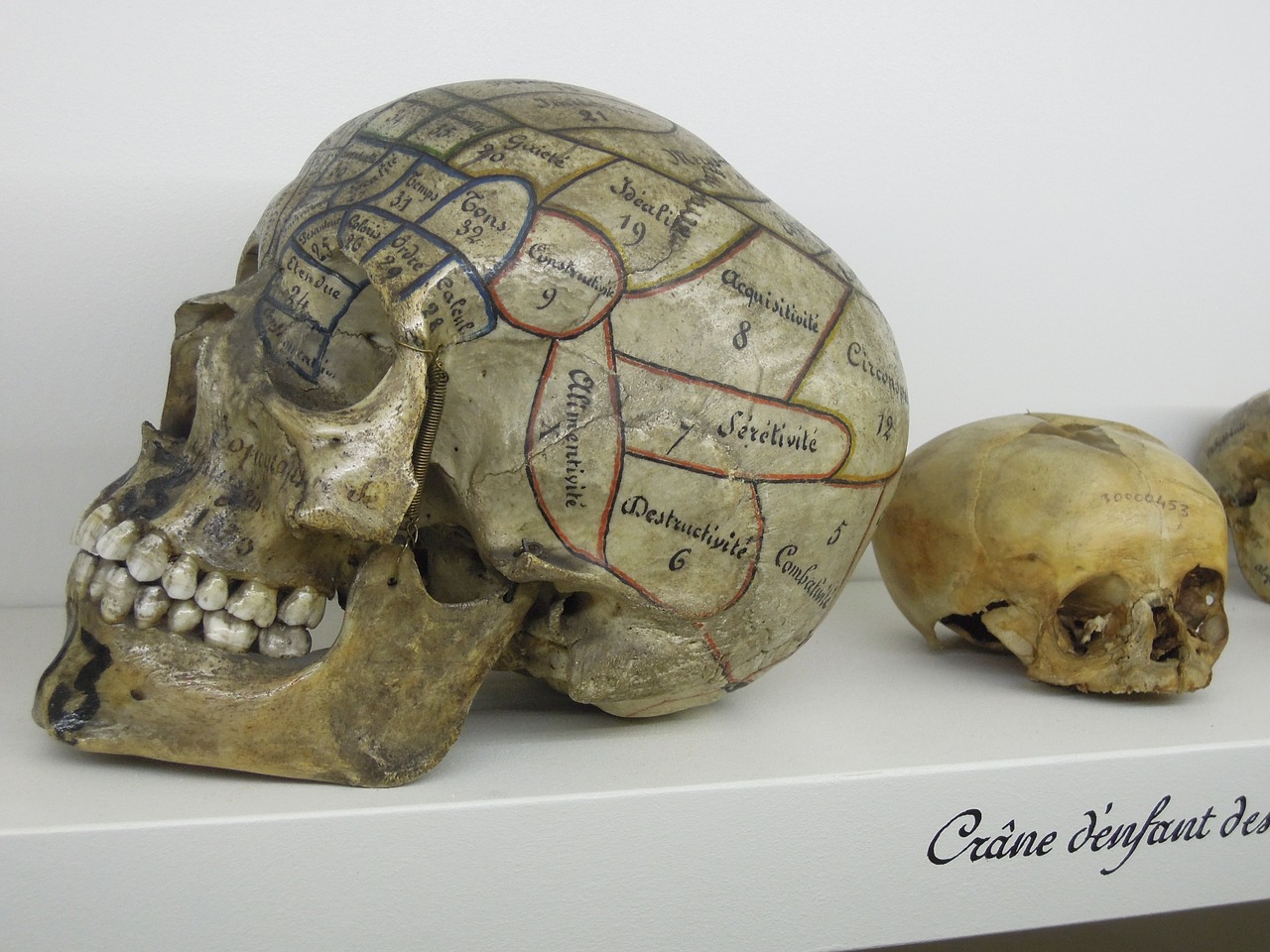Teaching Chess: Chess glasses
I am still at a beginner level, but have been thinking about teaching chess to autistic children for a week now.
It could help them in ways outside of the game as well, helping them to see things further down the line, instead of short one step thinking. For example: if they can see that they need to do the dishes, otherwise they will attract fruitflies and those become a nuisance or it will get moldy and smelly, from just learning chess when they are younger, that would be awesome.
Most of chess terminology is linked to winning and losing, what eventually might lead to a set mindset that they are only good when they are winning and bad when they are losing. They might stop if they can not win enough and not pursue the hobby further and learn critical calculation skills for chess development.
One way I would circumvent this, and instill a growth mindset, is with chess glasses. I wear glasses myself and without them I see blurry and my eyes get tired after a few hours.
Using the chess analogy might also help in explaining why they didn’t see the a certain move, and might avoid the terrible word “blunder”, with a visual word instead of “they didn’t see a better move or their glasses weren’t focused properly”.
Like an optometrist, you as the chess coach, are tasked with helping them see more of the chess board and see more potential moves. Tactics like those boards they use to test eyes, help them to focus their chess glasses towards more focused moves, instead of the fast and blurry ones they saw first. Helping them adjust their glasses will help them see deeper moves, helps them to focus more.
For example, the step-by-step method of chess that was developed by a Dutch person, starts from the very, very beginning and helps through exercises to become more and more familiar with the pieces and the board, in step one. This is like the top row of big letters.

The next step, helps them to see more and see sharper, the better their ELO becomes. Thus instead of giving them better and applauding them on their skills, we tell them they became more focused, their chess sight became better, not applauding them, and giving them a fixed mindset, but applauding their chess sight, working towards a growth mindset.




